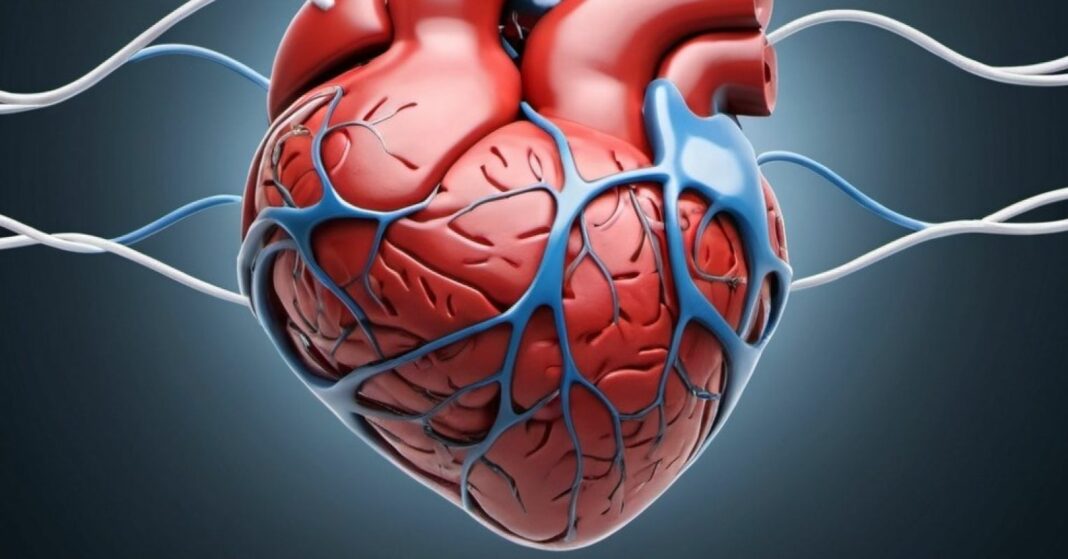When the Brain Has Difficulty Listening to the Heart
Our brains and hearts are two of the most important organs in our bodies, and they are supposed to work together in harmony. However, there are times when the brain has difficulty listening to the heart. This disconnect can lead to a variety of issues, both physical and emotional. In this article, we will explore what happens when the brain struggles to listen to the heart and how it can impact our overall well-being.
The Brain-Heart Connection
The brain and the heart are closely connected through a complex network of nerves and hormones. This connection allows them to communicate and coordinate their functions to keep the body running smoothly. When the brain is unable to listen to the signals coming from the heart, it can disrupt this delicate balance and lead to problems.
Causes of Difficulty Listening
There are several reasons why the brain may have difficulty listening to the heart. One common cause is stress. When we are under a lot of stress, our brains can become overwhelmed and unable to properly interpret the signals coming from the heart. This can lead to increased heart rate, high blood pressure, and other cardiovascular issues.
Another cause of difficulty listening to the heart is emotional trauma. When we experience intense emotions such as grief, anger, or fear, our brains can have a hard time processing these feelings and responding appropriately. This can manifest as physical symptoms like chest pain, shortness of breath, or palpitations.
Impact on Health
When the brain has difficulty listening to the heart, it can have serious implications for our health. Chronic stress and emotional trauma can contribute to the development of conditions such as heart disease, hypertension, and even stroke. These conditions can have a significant impact on our overall well-being and quality of life.
Emotional Effects
In addition to the physical consequences, difficulty listening to the heart can also have emotional effects. When we are unable to process our emotions effectively, it can lead to feelings of isolation, loneliness, and despair. This can further exacerbate the problem and create a vicious cycle of poor mental and emotional health.
Seeking Help
If you are experiencing difficulty listening to your heart, it is important to seek help. Talk to a healthcare professional or therapist who can help you work through the underlying issues and develop coping strategies. Taking care of your mental and emotional well-being is just as important as taking care of your physical health.
Conclusion
When the brain has difficulty listening to the heart, it can have a profound impact on both our physical and emotional well-being. Stress, emotional trauma, and other factors can disrupt the communication between these vital organs, leading to a host of health problems. By addressing the root causes of this disconnect and seeking help when needed, we can improve our overall health and quality of life.
FAQs
1. How can I improve the communication between my brain and heart?
Practicing mindfulness, meditation, and relaxation techniques can help improve the connection between your brain and heart. Additionally, seeking therapy or counseling can help you work through any underlying emotional issues that may be contributing to the problem.
2. What are some signs that my brain is having difficulty listening to my heart?
Common signs include increased heart rate, high blood pressure, chest pain, shortness of breath, and feelings of emotional distress. If you are experiencing any of these symptoms, it is important to seek help from a healthcare professional.
3. How can chronic stress impact the communication between the brain and heart?
Chronic stress can overwhelm the brain’s ability to process signals from the heart, leading to a breakdown in communication. This can result in a range of health problems, including cardiovascular issues, anxiety, and depression.




